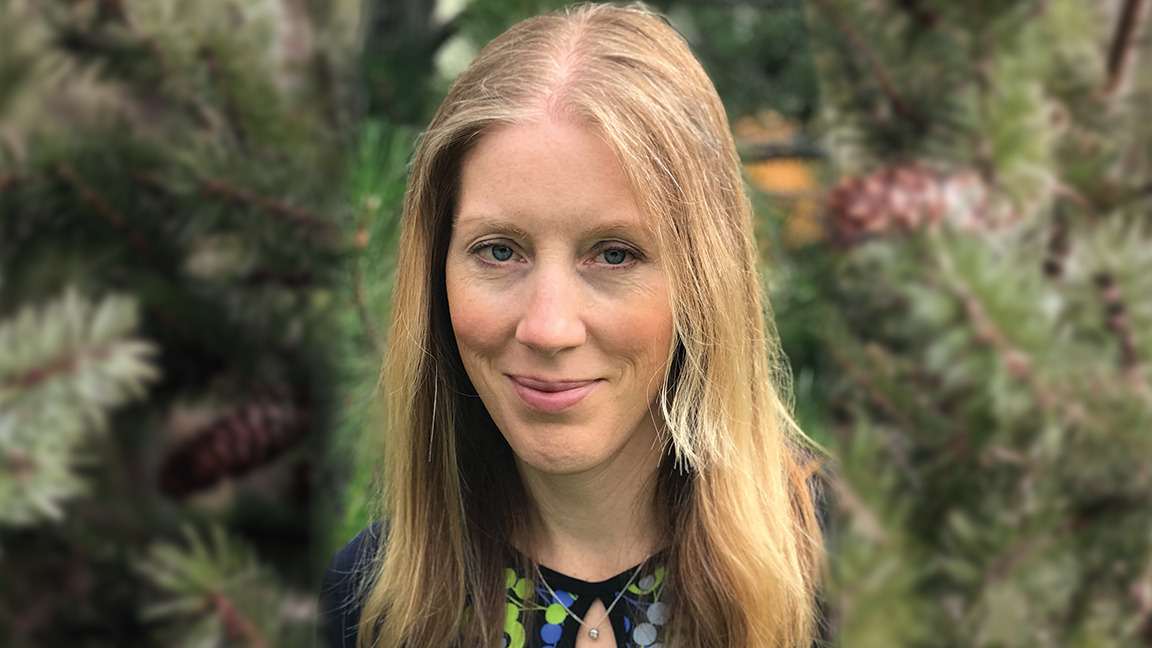Society without great ideals, in which people chew gum and share gossip, can exist,
but I am afraid of such a world. The world has to have meaning.
– Archbishop Józef Życiński
Nineteen sixties. Who are we, I ask myself?
My answer is different today, as it was different when I encountered my personal “persecution” in the early 1960s. I was a freshman in a Warsaw high school, and, according to the educational system, I had to go to school six days a week.
But, being a Seventh-day Adventist, I refrained from attending school on Sabbath. The meaning and best Adventist lesson was when I was hit across my face by my high-school principal. “You will come to school next Saturday,” he shouted. I didn’t oblige him with what he desired. It was an emotional lesson for a kid, as I was.
Was I persecuted. That’s what an informed Adventist would ask? I knew my family and the church prayed that I would be strong. Yet …
Full of tears, I came home and reported what happened. My parents were summoned to the principal’s office and were told that there was no place for a student who belonged to a weird sect.
“Am I being persecuted? The Bible says so,” I argued. My grandmother was quick to explain that real persecution was still to come, and it will not be permanent and tearful, she added. “Not us, but God is in charge,” she told me as she hugged me strongly. Obviously, I needed a Bible study about the Book of Revelation.
Nineteen eighties. It was springtime and I was sitting in a plush office of the Polish Ambassador to the Vatican. I knew his son in-law, but we met once before and he invited me to visit him in his new job in Rome. We were talking about rod fishing, about his new job, his family, and about our famous countryman, John Paul II. He gets up from his armchair and asks me to join him at the window.
The vista hit me hard—St. Peter’s Square in its full glory. And I am viewing the scene from one of the best vantage points in the holy city of Rome.
Ray, just look at this view, he points to the basilica. What do you see? Beautiful, rich in history, yet in my view, stagnant in its medieval splendor. You represent a different church. Your church is a church of hope. You offer quality of life they don’t have. You speak about freedom from bad habits, living healthy lives, fighting social pathologies, having happy families … But let me ask you, why is your church so timid and so quiet about what you have? Perhaps you mainly persuading yourself about the good you have? I wish Adventists replaced all of this, what you see in front across the piazza, and help the world with a life of hope.
More currently. Time for reflection. In my view, to be in an Adventist believer is always timely as it is rich in meaning and expressions. Each decade challenges me to see it differently, yet with the same message—a community created to a time like this, but its Leader never changes. You are my people, God reiterates. His Word is true, and it gives a meaning to the world in which we live.
In his book, The World Must Have a Meaning, Józef Życiński, a clergyman and philosopher, recalls a comment by Victor Frankl, a known Austrian psychiatrist and survivor of Auschwitz Nazi concentration camp, who believed that a need of meaning is the biggest and basic of human needs. Frankl explains how a mother who is watching her sick child does not feel tired nor counts her hours, because she sees a meaning of her vigil. Recognizing its meaning, one can withstand even the fiercest suffering. He further comments that suffering, a feeling of helplessness and impermanence, can be withstood when we have hope. If there is no hope, there is no meaning. Hope is foundational.
For my faith community—in which I grew up—hope was essential. I was a member of People of Hope. I was excited about living in eternity at the end of time which Christian faith offers. I learned about three sisters: faith, love and … hope. I learned about caring for each other, with kindness, recognizing human dignity and freedom to be who I am as a child of God. These values were introduced when I was a kid, and they are there with no expiration date, all because it is guaranteed by Jesus Christ, his death, resurrection, and a promise of his return.
So, persecution, which is still ahead, does not annul my faith. No fear is present in my version of Adventism. My Adventism is celebrated daily. My faith is guaranteed by these words: Behold, I am coming soon! … Yes, I am coming soon (Book of Revelation 22: 7, 20).
Today. For decades now, I was busy communicating hope. Honestly, I often catch myself acting schematically. Yet, the cracks on my face cannot be covered up for long by a “fool-them-again” mascara of pretense, hoping that I will cover my faith.
Because soon they will know. “Here comes a Christian. He thinks we don’t know.”
Rajmund Dabrowski is the RMC communication director and editor of Mountain Views. He is retiring as of January 2025. Email him at: [email protected]

